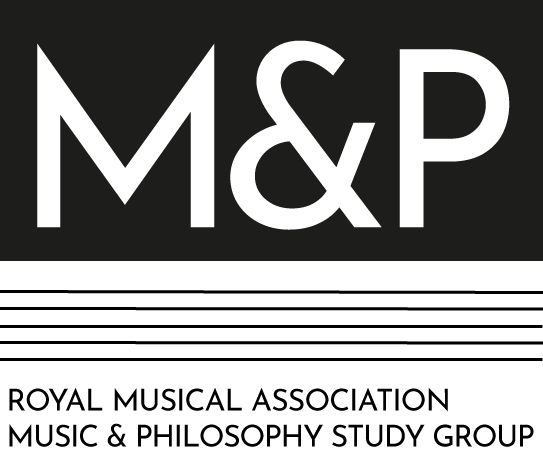Music and the Body in Greek and Roman Antiquity
MOISA Annual Conference
29-31 July 2015
Newcastle University (UK)
Music is an activity of the body: of breath and lips and teeth, of fingers and arms and stamping feet. The body’s organs are instruments of music and dance, and the manufactured instruments (organa) which extend the range of musical sounds humans can naturally produce are also extensions of the body. The musical instrument is also construed as a body in its own right (a lyre has ‘arms’; an aulos has a ‘tongue’), and as a machine assembled from parts of non-human bodies (carapace, reed, gut, wood). Instrumental performance reshapes the human body according to the physical and acoustical properties of the instrument, and this reshaping has been a rich zone of interaction between visual and musical culture: the performing musician is an image of decorum or depravity, of grace or ugliness, of attraction or repulsion, of restraint or licence.
Greek and Roman literature and art offer a wealth of reflections on the relationship between musical activity and the body; and medical writers often exploit musical theories in the context of their own studies of human physiology and health. We invite proposals of no more than 300 words for 30-minute papers in English or Italian on any aspect of this topic, including its later receptions. Specific areas might include the following, among others:
– dance, gesture and other bodily movements in ancient musical culture
– costumes, dress, masks & the visual culture of musical performance
– gender, sexuality and the perception or representation of the performer’s body
– body, soul, harmony and proportion in ancient views on music-making
– voice and instrument in moralising discourse on musical uses of the body
– music, the body of the individual and the body of the community
– music, magic and the control of the body
– bodily responses to music
– uses of musicological concepts and ideas in the works of medical writers
– music and the care of the body: e.g. therapy, incubation ritual
MOISA members are welcome to propose papers on other areas of Greek and Roman music or its cultural heritage.
Registration is now open (until 22 July). Details here.
Conference organising committee:
Andrew Barker (Birmingham)
David Creese (Newcastle)
John Franklin (Vermont)
Pauline LeVen (Yale)
Liana Lomiento (Urbino)
Angelo Meriani (Salerno)
Eleonora Rocconi (Pavia)



